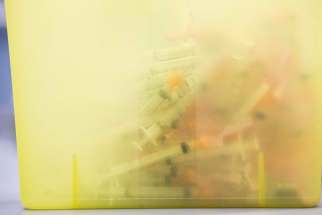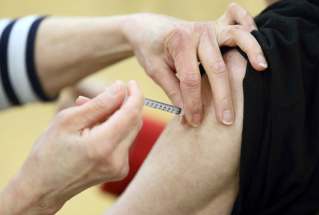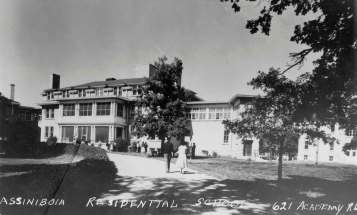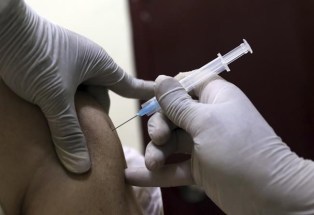Little progress made on race relations: poll Winnipeggers find Black Lives Matter movement has not inspired change in police procedure
Read this article for free:
or
Already have an account? Log in here »
To continue reading, please subscribe:
Monthly Digital Subscription
$0 for the first 4 weeks*
- Enjoy unlimited reading on winnipegfreepress.com
- Read the E-Edition, our digital replica newspaper
- Access News Break, our award-winning app
- Play interactive puzzles
*No charge for 4 weeks then price increases to the regular rate of $19.00 plus GST every four weeks. Offer available to new and qualified returning subscribers only. Cancel any time.
Monthly Digital Subscription
$4.75/week*
- Enjoy unlimited reading on winnipegfreepress.com
- Read the E-Edition, our digital replica newspaper
- Access News Break, our award-winning app
- Play interactive puzzles
*Billed as $19 plus GST every four weeks. Cancel any time.
To continue reading, please subscribe:
Add Free Press access to your Brandon Sun subscription for only an additional
$1 for the first 4 weeks*
*Your next subscription payment will increase by $1.00 and you will be charged $16.99 plus GST for four weeks. After four weeks, your payment will increase to $23.99 plus GST every four weeks.
Read unlimited articles for free today:
or
Already have an account? Log in here »
Hey there, time traveller!
This article was published 22/06/2021 (1633 days ago), so information in it may no longer be current.
A year after George Floyd was murdered by a police officer in Minneapolis — sparking thousands of people to gather at the Manitoba Legislature for a Black Lives Matter demonstration — many Winnipeggers say they have not only seen few improvements in race relations, but also little progress made by the Winnipeg Police Service in that area.
The poll, conducted by Probe Research for the Winnipeg Free Press, found more than half of Winnipeggers — or 52 per cent — say race relations in Winnipeg have stayed the same in the last year.
The poll found 22 per cent of Winnipeggers, or about one in five, believe race relations have worsened, while 12 per cent of Winnipeggers believe race relations improved.
And, while 42 per cent of Winnipeggers believe Winnipeg police have made no changes in the wake of the BLM movement, 16 per cent say police have made changes for the better, while six per cent said the changes have been for the worse.
Mary Agnes Welch, a principal with Probe Research, said on Tuesday the main takeaway from the poll is: “We don’t feel much has changed.”
“For me, the upshot is that after all this debate, with people taking to the streets, and with a bit of a reckoning on how police treat BIPOC (Black, Indigenous, people of colour) folks, we aren’t convinced things have changed,” Welch said.
“After all this emotion and all this debate, for Winnipeggers it hasn’t amounted to much change yet.”
The poll also found that neither age nor gender made much difference in the responses. Younger Winnipeggers are only slightly more likely to believe police haven’t made any changes because of the BLM movement, while Winnipeggers aged 55 and older are slightly more likely to feel they have.
As for where race relations stand now, a Probe Research poll conducted for the Free Press last September found 26 per cent of people polled had personally experienced racism in some form during the previous year, more than eight in 10 Manitobans agreed the division between Indigenous and non-Indigenous citizens is a serious issue in the province, and seven in 10 agreed racism in general is a serious problem in the province.
“After all this emotion and all this debate, for Winnipeggers it hasn’t amounted to much change yet.”
– Mary Agnes Welch
Winnipeg police Chief Danny Smyth was in scheduled meetings on Tuesday afternoon and unavailable for comment.
Coun. Markus Chambers, chairman of the Winnipeg Police Board, said from the board’s point of view, restrictions owing to COVID-19 have hampered their efforts in meeting with the community on BLM issues.
“Issues like this demand a face-to-face kind of meeting as opposed to something virtual,” said Chambers.
“There’s a lot lost in virtual presentations or virtual meetings. We haven’t had the opportunity, in this last year of COVID — of course, Black Lives Matter taking place last June — to have those in-person meetings that are so critical in terms of capturing the essence of what people are saying and how we can make that meaningful change.
“To have those in-person meetings, to sit down and discuss and network and have organic solutions come out of those discussions, it hasn’t been easy.”
But, Chambers said, even with COVID, the board has put forward a request to support body cameras for police officers — the motion to fund the program is being voted on by city council this week — while they have called on the service to hire more BIPOC officers.
“Hopefully we can do more of that this year because there have been more officers retiring,” he said, noting that where normally about 40 officers retire annually, this year there are about 60. “We want to increase visibility of minorities among our rank.
“There is work being done. Change is gradual, it’s slow, it doesn’t work at breakneck speed the way some people want to see, but we are working towards making those changes and making sure the voices that have stated what the changes should be are being heard.”
The poll, a random and representative sampling of 600 Winnipeg adults between June 2 and 11, is considered accurate within plus or minus 4.9 percentage points.
kevin.rollason@freepress.mb.ca

Kevin Rollason is one of the more versatile reporters at the Winnipeg Free Press. Whether it is covering city hall, the law courts, or general reporting, Rollason can be counted on to not only answer the 5 Ws — Who, What, When, Where and Why — but to do it in an interesting and accessible way for readers.
Our newsroom depends on a growing audience of readers to power our journalism. If you are not a paid reader, please consider becoming a subscriber.
Our newsroom depends on its audience of readers to power our journalism. Thank you for your support.

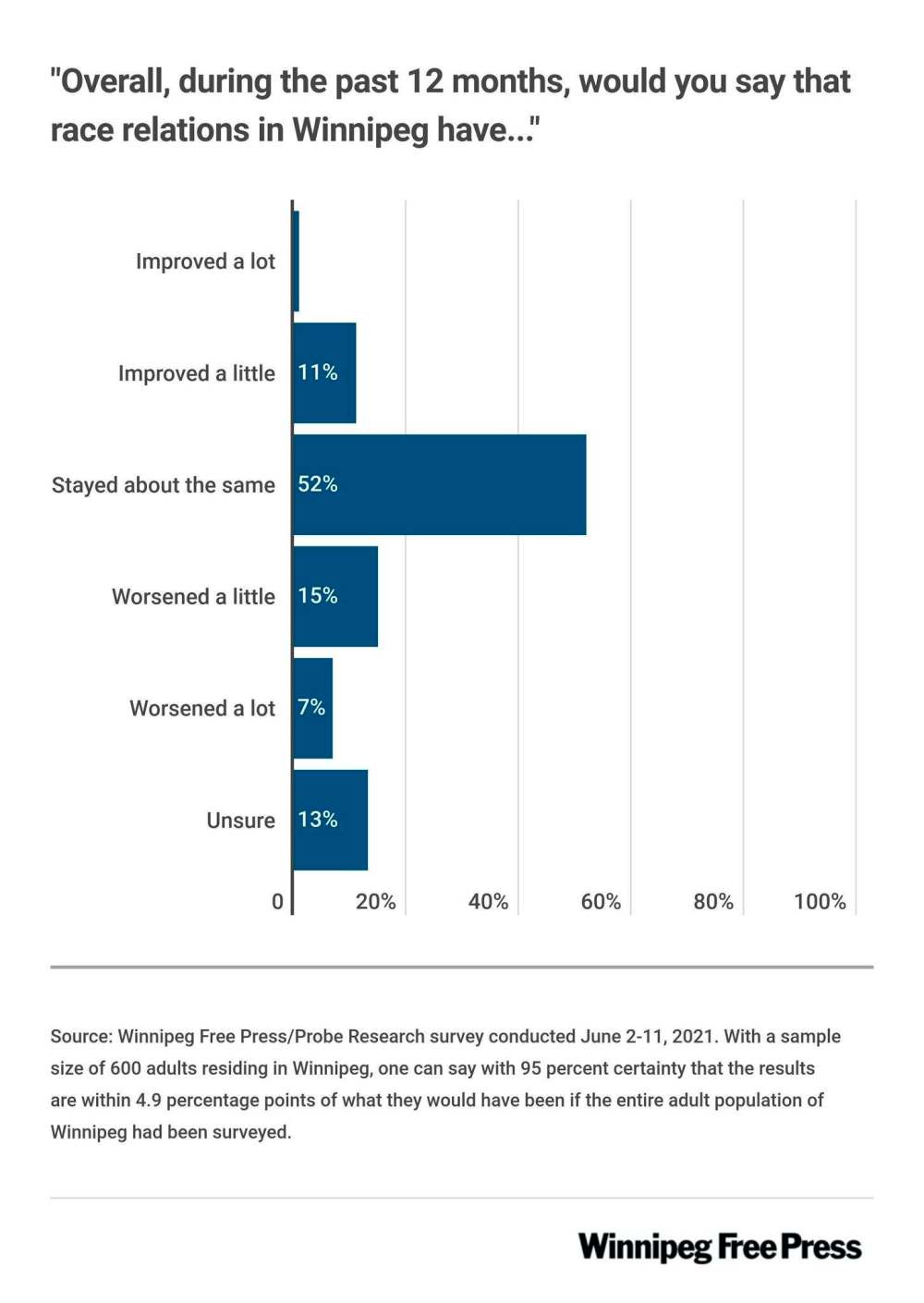
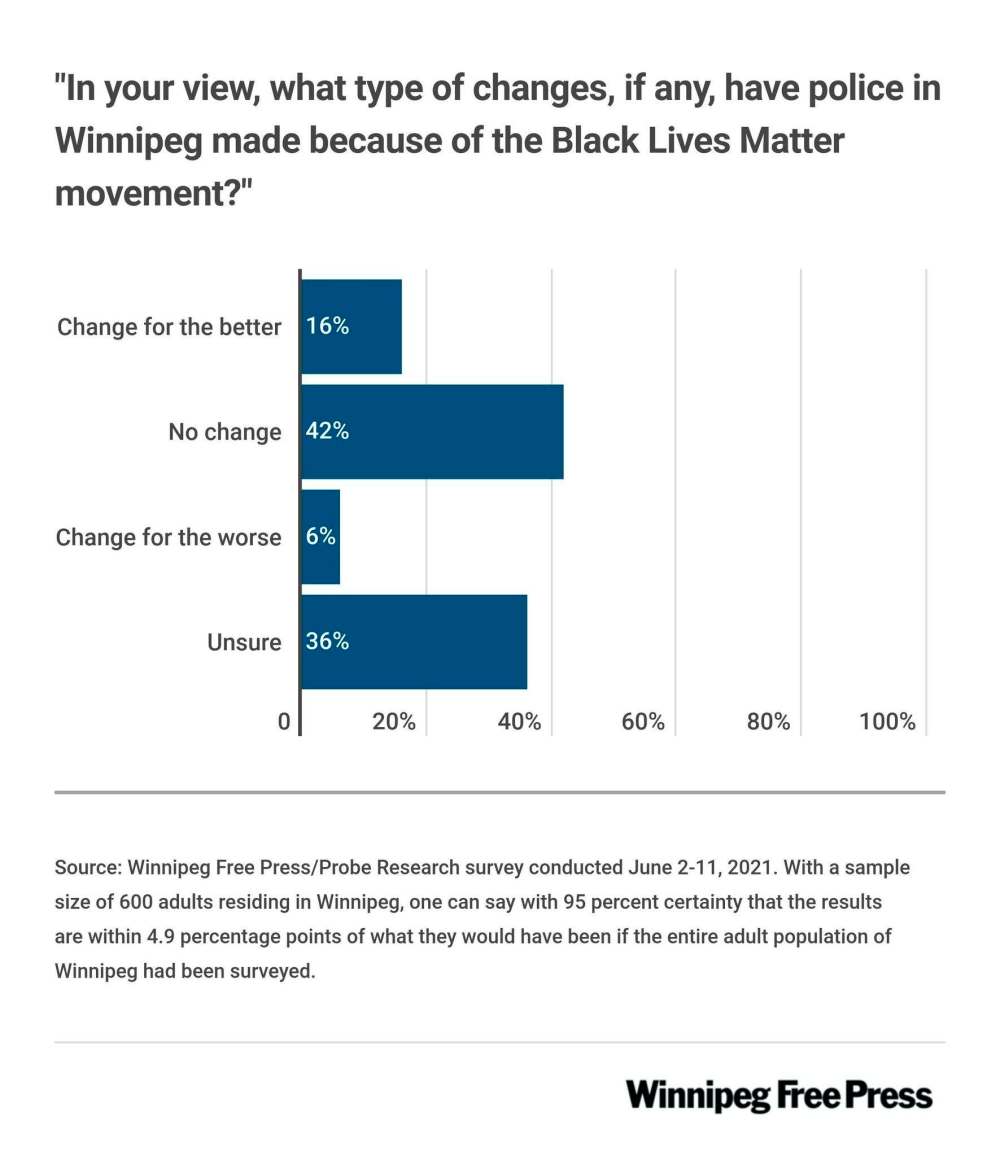
.jpg?h=215)
